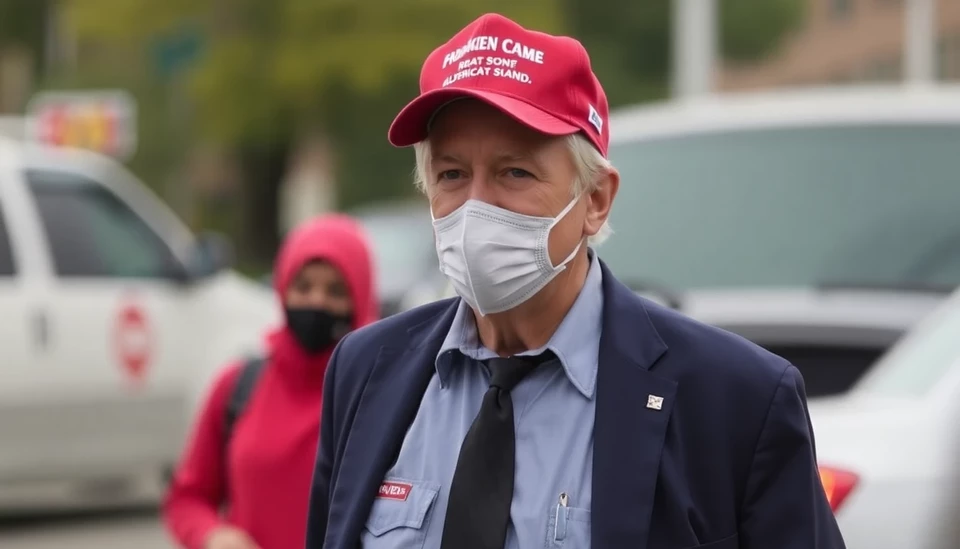
In a recent episode of a popular podcast, experts discussed the potential ramifications of former President Donald Trump’s proposed immigration raids on the landscape of American employment. The conversation delved into how these aggressive enforcement actions could reshape the workforce, with particular attention paid to both labor shortages and the exploitative practices that often emerge in their wake.
The podcast emphasized that the crux of the issue lies in America's complex relationship with immigration and labor markets. Many industries, particularly agriculture, construction, and various service sectors, heavily rely on immigrant labor. The fear of sudden raids can lead to significant upheaval in these sectors, potentially leading to labor shortages that could hinder economic productivity.
Experts pointed out that since Trump’s presidency, there has been a palpable increase in fears among immigrant communities, which often leads to reduced participation in the workforce. This has ongoing effects for businesses needing labor, as workers may avoid job opportunities, resulting in cascading economic consequences for various industries reliant on immigrant contributions.
Another point raised during the podcast was the potential for exploitation that occurs when immigrant workers are operating under duress. Employers aware of the precarious positions of these workers might take advantage of their fear and uncertainty, resulting in lower wages and poorer workplace conditions. This situation ultimately undermines the labor rights of all workers, regardless of their immigration status.
Moreover, the discussions highlighted how such raids could spark severe societal impacts, including increased family separations and the psychological toll on communities. The uncertainty surrounding immigration enforcement not only affects those who are targeted but also reverberates through families and neighborhoods, creating a climate of fear that can stifle engagement in local economies.
The podcast also drew attention to the political implications surrounding these immigration policies. As the country gears up for the next presidential election cycle, immigration remains a hot-button issue that divides voters. The strategies different political factions adopt regarding immigration could play a crucial role in shaping public opinion and influencing voter turnout.
Overall, this encapsulating discussion presents a multifaceted look into how immigration enforcement policies, especially those revived under Trump's administration, can have intertwining effects on American society and economy. The ramifications go beyond individual families and target communities, potentially altering the dynamics of criminality, labor rights, and overall economic stability in the nation.
Listeners are encouraged to consider both the immediate and long-term effects of immigration raids, not just on migrant workers but also on the broader workforce and economy, as these policies play out in real time across America.
As the dialogue on immigration continues, it remains imperative to stay informed about the national conversation surrounding labor, rights, and human dignity.
#Trump #Immigration #LaborMarket #AmericanWorkers #EconomicImpact #Workforce #PodcastDiscussion #ImmigrantRights
Author: Rachel Greene




